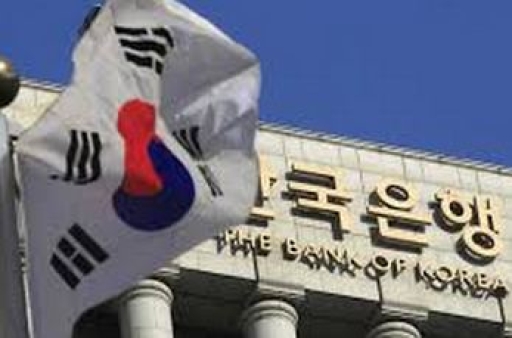
South Korea maintains policy rate at 2.5%
Has major concerns about major downside economic risks.
The Bank of Korea, the central bank, decided to freeze the benchmark seven-day repurchase rate at 2.5% after lowering the rate three months earlier. The seven-member committee cut borrowing costs by 25 basis points in July and October last year.
The central bank again indicated its worries about U.S. quantitative easing (QE3) and the economic slowdown in China, citing these as major downside risks facing the economy behind its decision to freeze its policy rate at 2.5%.
“In terms of future growth path, there are both upside risks such as accelerating economic growth in the United States and Japan, and downside risks related to the possible economic slowdown in China and the heightening uncertainties over the US exit strategy,” BOK said,
The statement came amid escalating concerns over an early exit of US quantitative easing caused by comments by several UdS. Federal Reserve officials this week.
Atlanta Fed President Dennis Lockhart said the Fed’s initial tapering of its bond purchases could be launched at any of its three remaining monetary policy meetings this year. Chicago Fed President Charles Evans said he would not rule out the Fed’s scaling back of its monetary stimulus in September.






















 Advertise
Advertise








